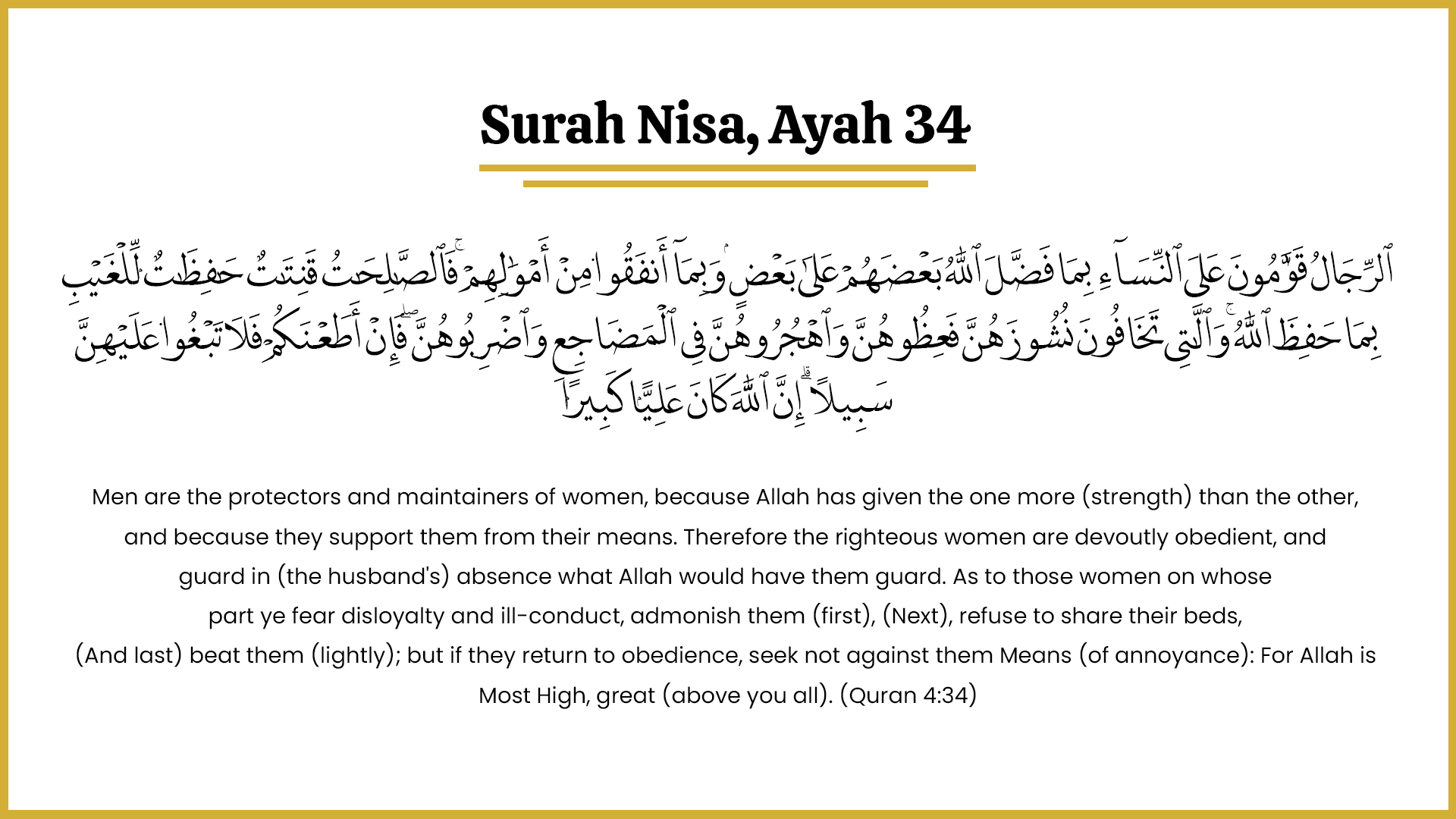Syed Sarfaraz A. Shah
Positive Thinking Positive Thinking: The First Step to Inner Sight https://www.youtube.com/watch?v=2nFfNvgsc1Y Facing Hard Times? Syed Sarfraz Ahmad Shah sahb discuss adab of the dua by Hazrat Hasan Basri (RA) https://www.youtube.com/watch?v=W8HtD2rpjek Manners of Divorce Manners of Giving Divorce in Islam explain by Syed Sarfaraz Shah. https://www.youtube.com/watch?v=xdKRey0zA_0 Tasuf ka Dosra Qadam Kahay Faqeer : Session 03 Tasawuf Ka Dosra Qadam https://www.youtube.com/watch?v=czoJk64iKws Mah e Rajab Kah eFaqeer: Mah e rajab Ki Ahmiyat o fazeelat https://www.youtube.com/watch?v=qOQlxeYBBb4 Arz e Faqeer Arz e faqeer : Session 1 Mushahiday Ke Liye Ilm Aur Jazb Ki Ahmiyat Syed Sarfaraz A. Shah Syed Sarfaraz A. Shah is highly educated professional. Having worked in numerous private and governmental institutions, Syed Sarfaraz A. Shah is a professional of vast knowledge and holds a wealth of information in Management and Administration. A scholar of Islam, Syed Sarfaraz urges Muslims to contemplate on the Message of the Quran. He advocates for Islam as a way of life and a system akin to democracy, autocracy, or socialism. According to him, all power lies within the “The law of God” inscribed in the Quran, which commands food and wealth to be shared equitably by all. He preaches that Islam is not a typical religion that is full of rituals, but rather an organized challenge to the concept of religion. Syed Sarfaraz A. Shah furthers his understanding by lecturing on and answering questions regarding the true meanings of Islam and Shariah, as well as one’s purpose, existence, and ultimate destination, or Manzil.

